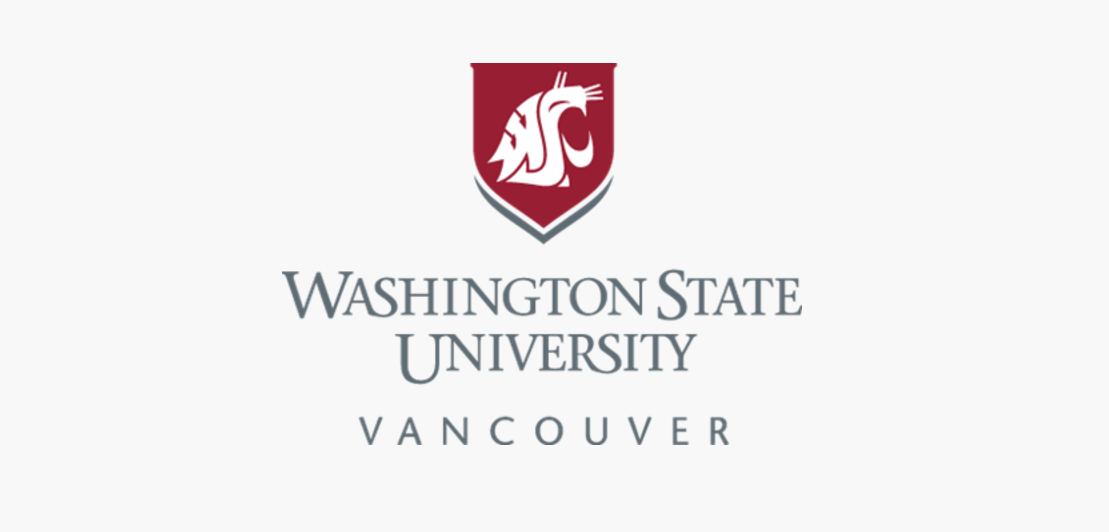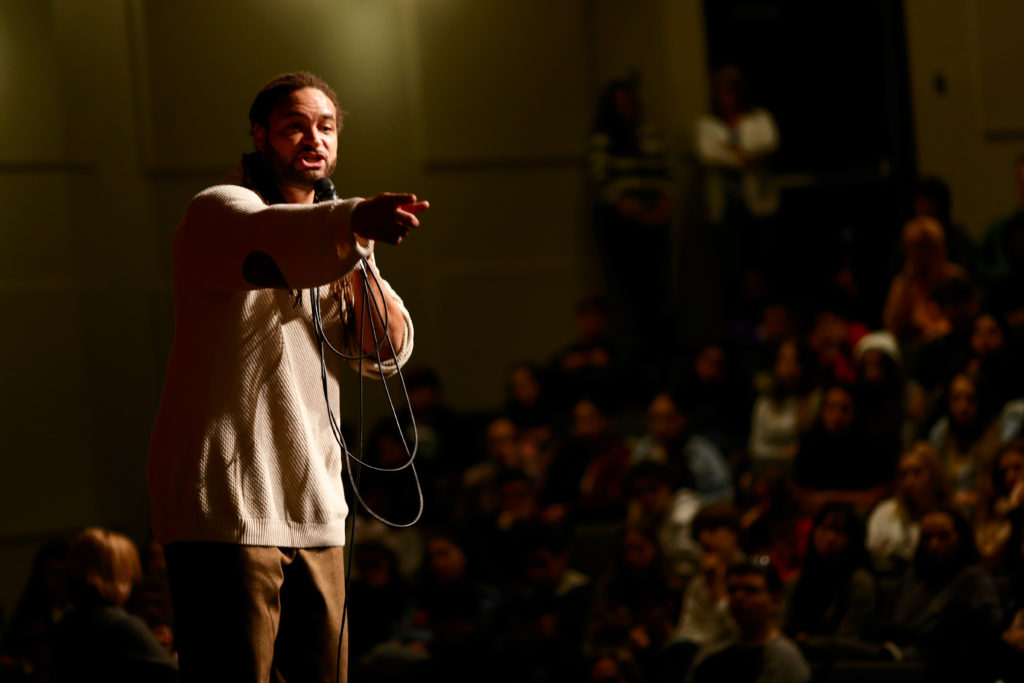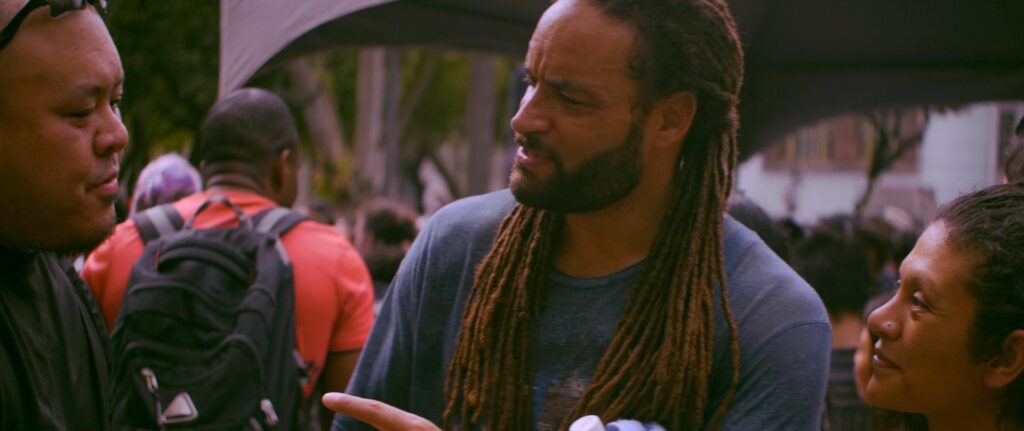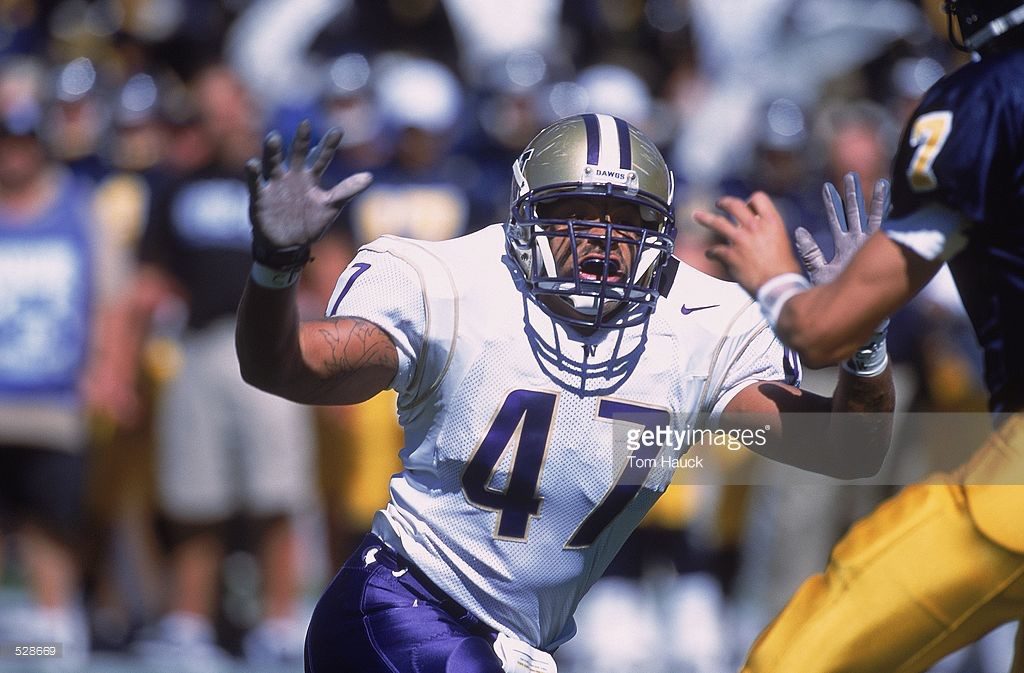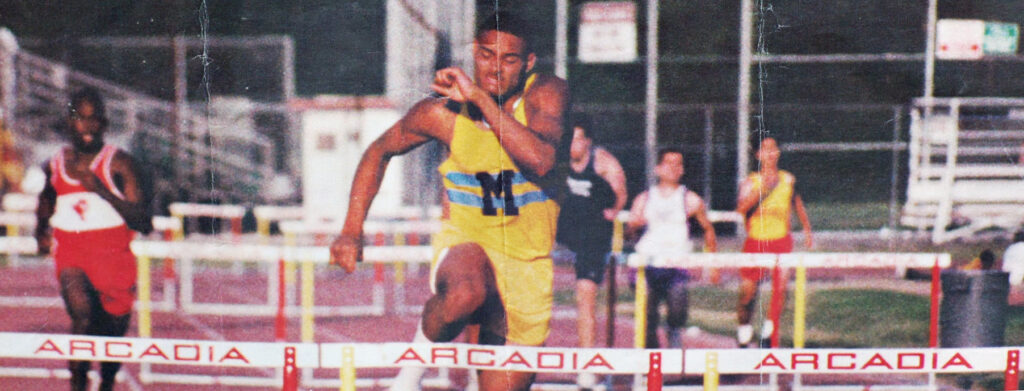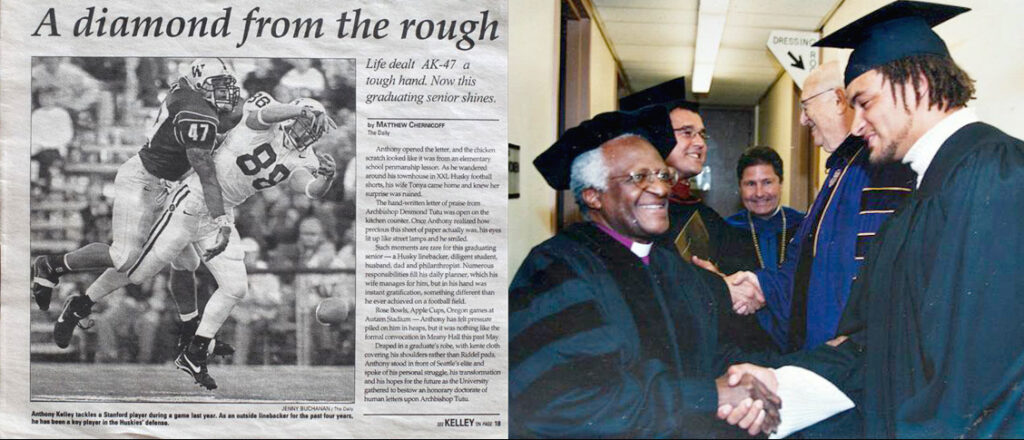Anthony named Director of Diversity at WSU Vancouver
I’m proud to accept a new position as Director of Diversity at Washington State University Vancouver! I am humbled and looking forward to this new challenge. Read below to learn more about my new position! You can also read a version of this WSU Vancouver newsletter here.
Diversity Newsletter // Washington State University Vancouver // Spring 2017
Thinking outside your comfort zone
As the new director of diversity at WSU Vancouver, Anthony Kelley likes what he sees: The work of creating an inclusive campus has gotten off to a very good start.
“The WSU Vancouver campus is doing a lot of good things,” Kelley said. “Now we need to fill in the gaps and align resources so we can improve our efficiency and overall impact on the community and the campus.”
Kelley joined WSU Vancouver in December as the director of student diversity and outreach within the Office of Student Affairs and Enrollment. Previously, he was assistant director of diversity outreach and recruitment at the University of Washington Bothell.
“In terms of my transition, I’ve been feeling right at home,” he said.
Feeling comfortable, however, is not what Kelley is about. “The discomfort of this work is what I’m trying to focus on,” he said.
That is, to overcome racism and other forms of discrimination, people need to confront their own discomfort. “I believe in always working from a level of honesty, whether you’re white or black,” he said. “When you have discomfort, you need to be able to talk about it.”
LEARNING FROM EXPERIENCE
As a 7-year-old, Kelley first heard the “n” word. He understood that other children were saying it about him, and it made him uncomfortable, but he didn’t know what it meant. His real understanding came many years later, when as a college athlete (he played football for the University of Washington) he had to reconcile society’s admiration of athletes with his experiences of racism, compounded by the feelings of inadequacy that had plagued him since childhood.
“A lot traces back to that 7-year-old experience,” he said. “You’re taught as an athlete to know you’re the best. But because of the way I grew up, I didn’t learn that confidence. There was a gap I had to deal with.”
South Africa, where he studied and taught on a scholarship, provided a turning point. He met children who’d grown up in poverty and he said, “All I could provide was athletic talent. I had to make a decision: ignore it or face it. I had to turn the mirror and see myself as I was, something I never saw in athletics. I decided to face it.” He discovered that his love of learning was greater than his love of football. That was the start of his current career path.
“Negotiating within myself is the first step,” he said. “You can’t expect anybody to engage in this conversation if you haven’t done it yourself.”
WORKING FOR RESPECT
Kelley argues that a climate of inclusiveness can emerge only if students, faculty and staff are willing to confront their feelings, be themselves and “stay in that fire when exposed,” as he put it. “Being able to stay in that discomfort, and eventually having that breakthrough—it’s difficult,” he said.
Rather than “political correctness,” he said, we need to find “a way to talk to each other respectfully. We need to be able to have a healthy debate around an issue of disagreement. That will help us become better informed about our policies. The long-term goal when I think about student retention, policy and trainings is how do we have honest, groundbreaking conversations?”
Kelley encourages people to speak with him directly about their concerns. Recently, he held open office hours for two days. Among those he heard from was a faculty member from abroad who “has worked very hard to make the U.S. his home, and now he felt his home was threatened,” Kelley said. “He was not seeking solutions, but was willing to speak honestly. He appreciated being able to get it off his chest.”
As Kelley becomes better acquainted with the Vancouver campus, he plans to hold workshops and seminars for students, staff and faculty. He doesn’t expect to initiate many new initiatives but to deepen the work that is already in progress on the campus—and make it more about the human experience, “not a black or white experience,” he said.
“Our campus has the right attitude toward tensions that come up, especially considering the political landscape,” Kelley said. He believes the campus can establish a model of respect for the broader community.
“It’s complicated, but I’m excited about it,” he said. “What makes it not so overwhelming is the leadership and the support I have. WSU Vancouver has done a very good job of helping me.”
Upcoming Diversity Events
Here are several events at WSU Vancouver this spring that can help to start conversations around diversity. For more information about these and future events, see the Events Calendar.
Becoming American: Immigration and Racial Inequality in the U.S.
Noon – 1 p.m. Feb. 16
Library
Join Professor Laurie Mercier for an informal discussion of the history of immigration in the U.S. This talk will make connections with the Common Reading Program book “Integration Nation” and current national events, going back to the Bill of Rights and highlighting the connections between immigration and racial inequality.
Native American Culture and History Film Series: “A Thousand Voices”
7 p.m. Feb. 16
Dengerink Administration Building, Rooms 129/130
The film series opens with this story of Native American women in New Mexico, from the beginning of time through the invasions from Spain, Mexico and the United States.
Black History in Action: Past, Present and Future
5 p.m. Feb. 23
Firstenburg Student Commons
Celebrate Black History Month with a performance by Kukatonon African Children’s Dance Troupe from Portland, local music and a keynote address by Sky Wilson, instructor of English at WSU Vancouver.
Native American Culture and History Film Series: “Celilo Falls and the Remaking of the Columbia River” and “The Lost Fish”
7 p.m. Feb. 23
Dengerink Administration Building, Rooms 129/130
These two short films together demonstrate the change a decade has brought to our understanding of the relationships between Native Americans and the Columbia River.
Debby Irving, “Leveling the Playing Field—Interrupting Patterns of White Privilege”
Noon – 1:15 p.m. Feb. 27
Engineering and Computer Science Building, Room 105
Debby Irving, racial justice educator and author of “Waking Up White,” explores social dynamics, and dominant cultural attitudes and behaviors that perpetuate power and privilege patterns, even when best intentions are in play.
Debby Irving, “I’m a Good Person, Isn’t That Enough?”
3 – 4:30 p.m. Feb. 27
Dengerink Administration Building, Room 110
Irving talks about making the paradigm shift from “fixing” and “helping” those believed to be inferior, to focusing on internalized white superiority and its role in perpetuating racism at the individual, interpersonal, institutional and cultural levels.
Local Action on Immigration and Refuge
Noon – 1 p.m. March 1
Engineering and Computer Science Building, Room 105
A panel discussion featuring advocacy and service organizations for immigrants and refugees in the Pacific Northwest. In the spirit of “Integration Nation,” learn how local groups are working to organize, protect immigrant rights and enrich our communities.
Noche de Familia
6 p.m. March 2
Firstenburg Student Commons
Information about preparing for college, financial aid and other challenges Latino families face. The free event is in Spanish. Translation will be provided. Open to middle and high school students and their families. Campus tour offered at 5:30 p.m.
Native American Culture and History Film Series: “Promised Land”
7 p.m. March 2
Dengerink Administration Building, Rooms 129 and 130
A social justice documentary, “Promised Land” examines the Chinook and Duwamish fights for federal recognition and sovereignty while also exploring the nature of life, death and indigenous culture in the state of Washington. A Q&A session with the filmmakers and tribal leaders will follow the film.
The Privileges of Belonging: Migration, Rights and Environmental Justice
4:15 – 5:30 p.m. April 12
Dengerink Administration Building, Room 110
Professor Lisa Sun-Hee Park from the University of California, Santa Barbara, explores the
the contemporary politics of “belonging” for migrants in the United States. This talk brings together research on transnational migration and environmental justice to understand the complex entanglements of this tension.

